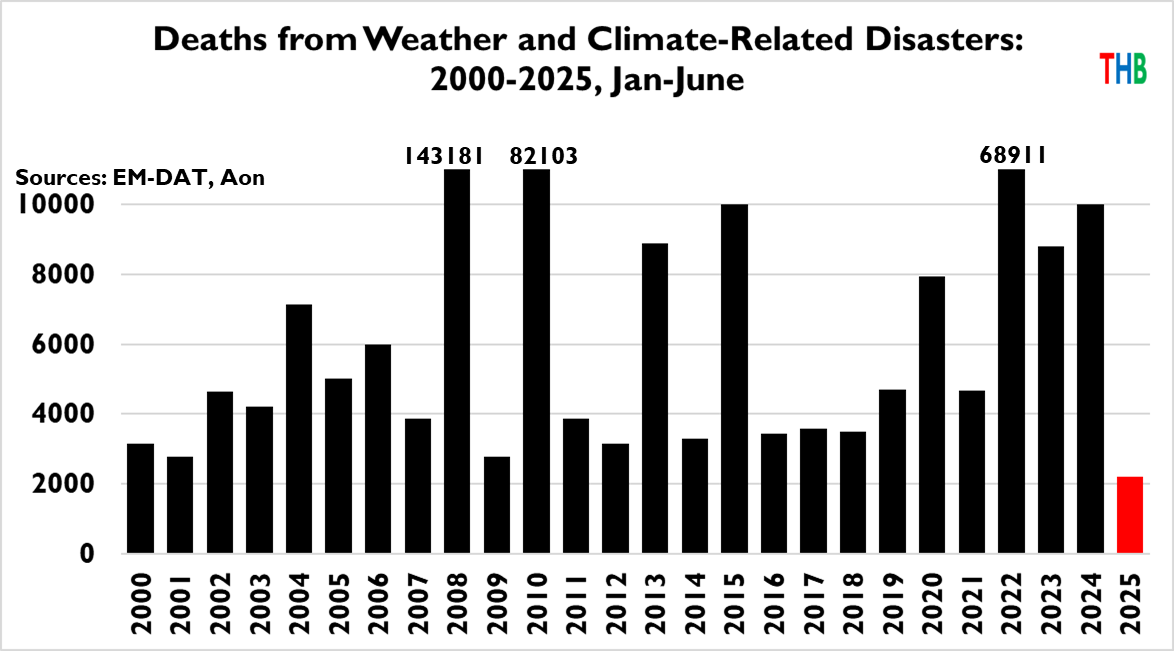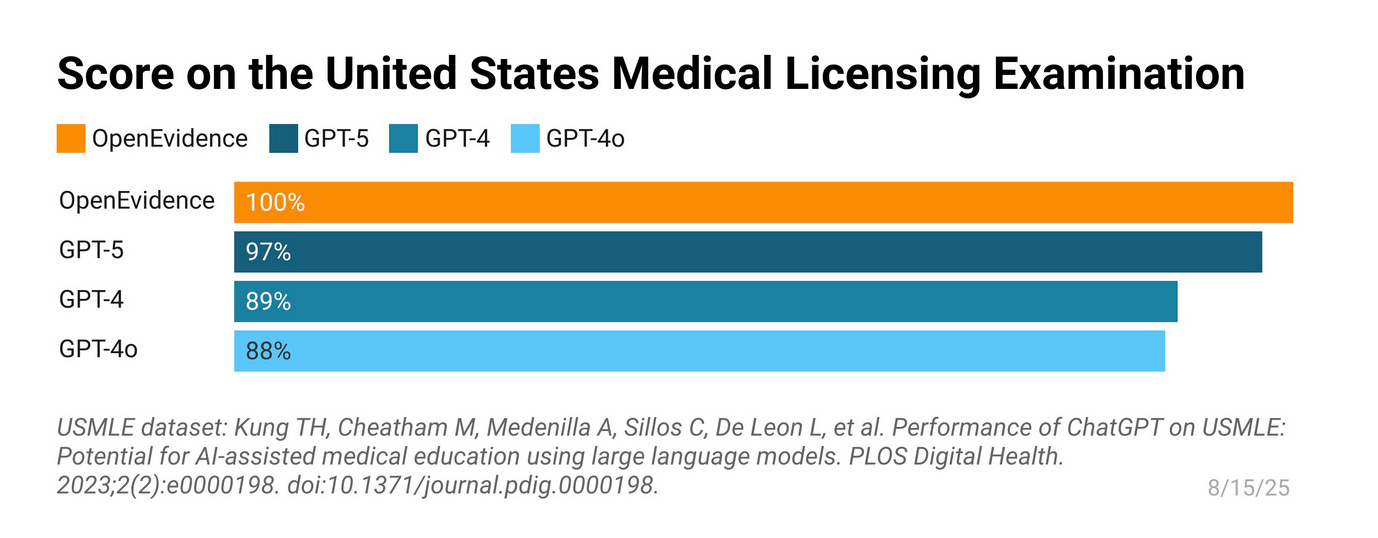Doomslayer: Weekly Progress Roundup
Remote work comes for ships, undernourishment is finally coming back down, and climate deaths hit historic lows.
Energy & Environment
Conservation and biodiversity
Rhizopsammia wellingtoni, a coral once thought extinct, has been rediscovered near the Galápagos Islands.
An attempt to boost the genetic diversity of Florida panthers by introducing panthers from Texas appears to have been successful. Nearly three decades after the introduction, the population has rebounded from 30 to around 200, inbreeding problems have eased, and, according to recent research, the Florida panther's unique genetic identity remains intact.
The number of black rhinos grew from 6,195 to 6,788 between 2021 and 2024, while other rhino species remained relatively stable.
Natural disasters
A recent study analyzed 22 years of heat mortality in Europe and found that adaptation is outpacing climate change, with Europeans gaining “the capacity to tolerate an additional 1 °C rise every 17.9 years.”
So far, 2025 has seen the lowest number of climate-related deaths this century.
Food & Hunger
Rice prices are now at their lowest level since 2017.
The global dairy supplier Hoogwegt has signed a purchase agreement with Opalia, a startup using cultivated bovine mammary cells to produce milk.
Health & Demographics
OpenEvidence, an AI model designed specifically for medicine, has achieved a perfect score on the United States Medical Licensing Examination.
Cardiac amyloidosis, a common and deadly cause of heart failure, is now treatable thanks to recent drug breakthroughs.
The CDC reports that US life expectancy rose to 78.4 years in 2023, up from 77.5 in 2022, though it had still not returned to its pre-pandemic level.
MIT researchers used generative AI to create two entirely new antibiotics that killed drug-resistant gonorrhea and MRSA in infected mice.
Undernourishment, which refers to the share of people who lack the calories they need to live a normal life, has started to retreat from its COVID-era spike. According to the FAO, the global prevalence of undernourishment fell to 8.2 percent in 2024, down from 8.7 percent in 2022.
A man with type 1 diabetes is now producing some of his own insulin after receiving a transplant of gene-edited islet cells.
Science & Technology
Scientists have discovered a giant new species of stick bug in Australia thanks to a post on iNaturalist, a popular wildlife identification app that is accelerating ecological research.
Marine pilots in Denmark are testing new technology that allows them to steer ships remotely. Proponents say it could save fuel and ease a looming pilot shortage.
President Trump has signed an order to make it easier for private companies to launch rockets in the US. It directs the Department of Transportation to speed up or eliminate environmental reviews for launches and reentries, roll back certain FAA rules, and set up a quicker process for approving new activities like refueling spacecraft in orbit.
Scientists at Stanford have built a brain implant that can translate a person's internal thoughts into spoken words in real time. This system taps into the motor cortex, bypassing the need to attempt actual speech, and even includes a mental “password” that can turn the thought decoding on and off.
Violence & Coercion
Brazil’s homicide rate was 5.4 percent lower in 2024 than it was in 2023—and 25 percent lower than it was in 2012.
Progress Studies
Maxwell Tabarrok digs into three decades of US flight data.
Derek Thompson explores the rising popularity of exercise.
Ted Nordhaus explains why he no longer believes in some of the most catastrophic climate scenarios.






